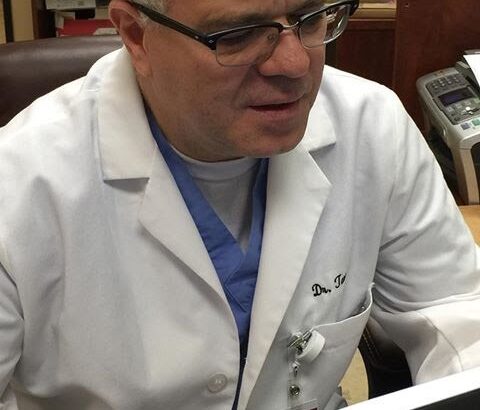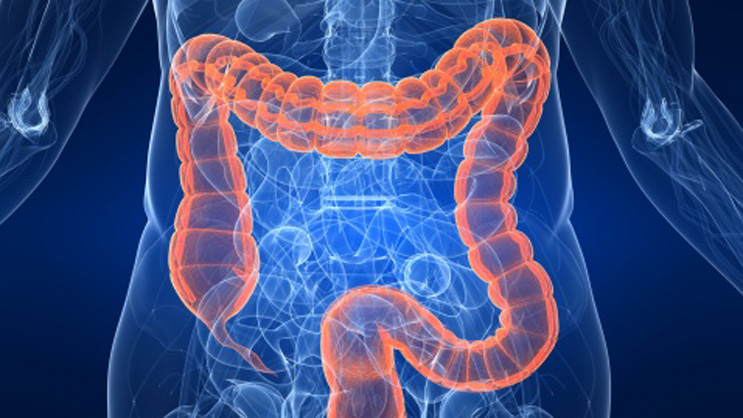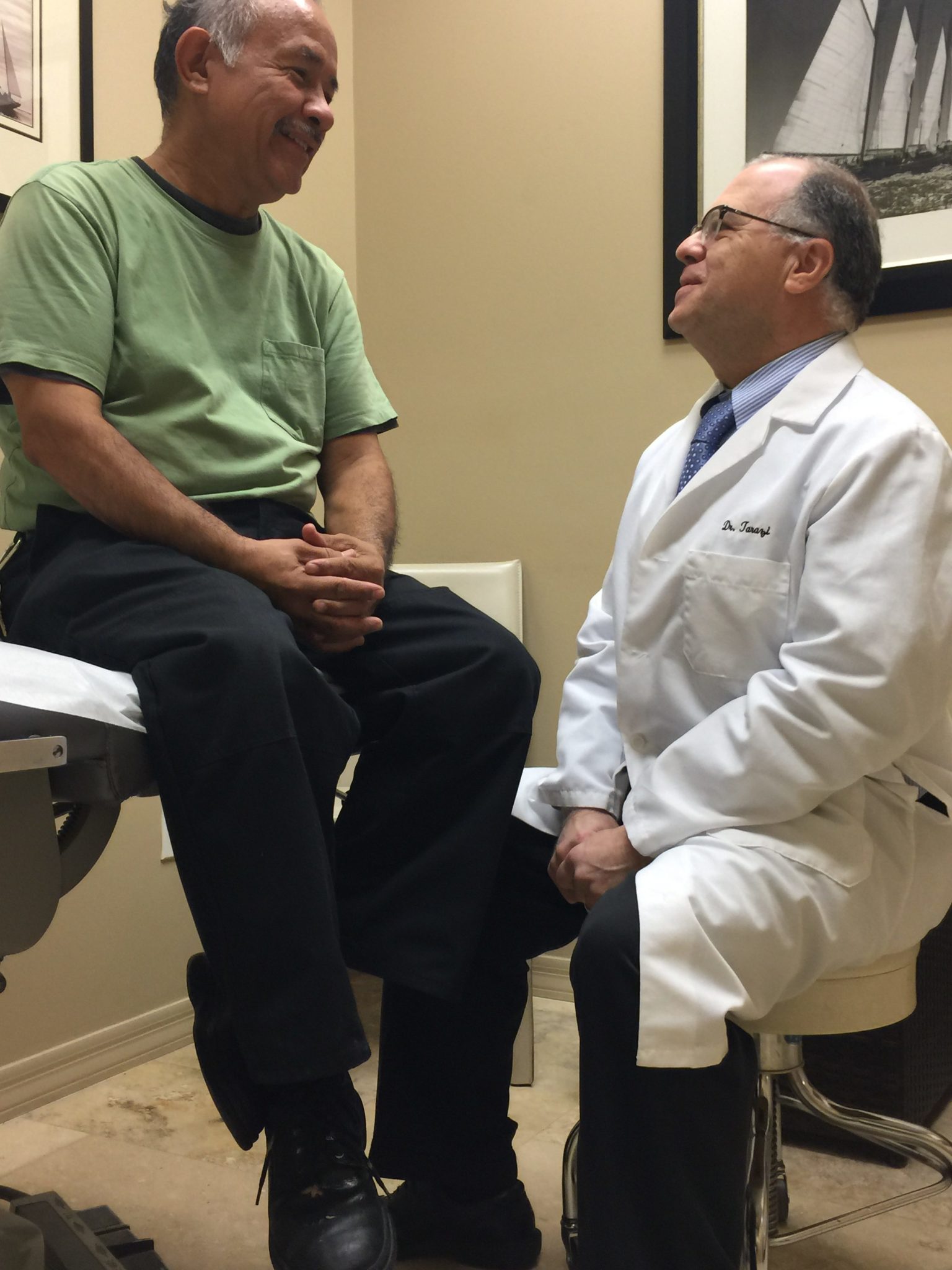Fecal microbiota transplantation (FMT) is a groundbreaking procedure that involves the transfer of stool from a healthy donor into the gastrointestinal tract of a patient. The primary goal of FMT is to replenish the recipient’s gut microbiome, which is the community of bacteria and other microorganisms that reside in the intestines. This treatment has gained significant attention for its effectiveness in combating recurrent Clostridium difficile infections (CDI), which can be life-threatening and are often resistant to standard antibiotic treatments. By restoring the balance of beneficial bacteria, FMT helps outcompete the harmful C. difficile, leading to high success rates in curing recurrent infections.
The success rate of FMT for treating recurrent C. difficile infections is quite high, with some studies reporting a success rate of around 80-90%. This makes it a valuable treatment option, especially for those who have not responded to traditional antibiotic treatments. It’s a fascinating area of medicine that combines microbiology, gastroenterology, and infectious disease expertise to improve patient outcomes. If you have any more questions or need further information, feel free to ask
Beyond its application for C. difficile, FMT is being explored for its potential benefits in treating a range of other gastrointestinal disorders, such as inflammatory bowel disease (IBD), including Crohn’s disease and ulcerative colitis. Preliminary research suggests that altering the gut microbiome through FMT could modulate the immune response and reduce inflammation in these conditions. While the promise of FMT is considerable, it is still considered an experimental therapy for indications other than CDI. As such, it is subject to ongoing clinical trials and research to ensure its efficacy and safety for broader applications.
Risks
Fecal microbiota transplantation (FMT) is a procedure that, while beneficial, carries certain risks. Here are some of the potential risks associated with FMT:
- Infection Transmission: There’s a risk of transmitting infections if the donor stool isn’t adequately screened. Pathogenic organisms like enteropathogenic Escherichia coli (EPEC) and Shigatoxin-producing Escherichia coli (STEC) have been reported to cause serious adverse events following FMT
- Gastrointestinal Distress: Some patients may experience gastrointestinal symptoms post-FMT, such as bloating, diarrhea, abdominal pain, nausea, and constipation.
- Procedure-Related Risks: Standard risks associated with colonoscopy or endoscopy, which are common methods of delivering FMT, include infection, bleeding, and the possibility of a tear or perforation requiring surgery.
- Immune Response: There’s a possibility of an allergic reaction to the donor stool.
- Unknown Long-Term Effects: As FMT is still a relatively new treatment, there may be long-term effects that are not yet known.
- Design, implementation, application and evaluation of financial instruments.
- Fund management for the implementation of financial instruments.
- Consulting services for the design, support, funding and implementation of Concession projects or PPPs.
- Independent Expert Review of Investment Plans.
- Design and monitoring of Business Plans and Feasibility Studies.
Are there other alternatives to FMT?
Yes. There are several alternatives to fecal microbiota transplantation (FMT) for treating Clostridioides difficile (C. diff) infections. These alternatives can be categorized into four main therapeutic strategies:
- Direct Killing of C. diff: This includes established antibiotics like vancomycin and fidaxomicin, which are the drugs of choice for C. diff infections. Additionally, less studied options such as bacteriophages, endolysins, and tailocins are being explored1.
- Restoration of Microbiota Composition and Function: While FMT is one method, there are also standardized defined microbial mixtures and probiotics that have been administered with moderate success1.
- Neutralization of C. diff Toxins: Monoclonal antibodies like bezlotoxumab are already in clinical use and work by targeting the toxins produced by C. diff, which are crucial virulence factors1.
- Immunomodulation: This involves interfering with cytokine signaling to help eliminate or prevent C. diff infection. Small-molecule agents without bacteriolytic activity, usually selected by drug repurposing, can act via a variety of mechanisms1.
Additionally, the FDA has recently approved therapies such as fecal microbiota live-jslm (REBYOTA) delivered via enema and fecal microbiota spores live-brpk (VOWST) delivered in an oral capsule, which are considered alternatives to conventional FMT2.
It’s important to consult with healthcare professionals to determine the most appropriate treatment option, as the choice may depend on the severity of the infection, the patient’s medical history, and other individual factors. Ongoing research continues to expand the range of options available for treating C. diff infections.

It will be as simple as Occidental; in fact, it will be Occidental. To an English person, it will seem like simplified English, as a skeptical Cambridge friend of mine told me what Occidental is. The European languages are members of the same family. Their separate existence is a myth. For science, music, sport, etc, Europe uses the same vocabulary. The languages only differ in their grammar, their pronunciation and their most common words. Everyone realizes why a new common language would be desirable: one could refuse to pay expensive translators.
Pricing
From only $199
Based on how quickly you would like your scan, and the location.
Locations
Locations across the country
Based on how quickly you would like your scan, and the location.
Appointments
Same day appointments
Based on how quickly you would like your scan, and the location.
Appointments
Refer yourself
Based on how quickly you would like your scan, and the location.
Consultants

R F Tarazi, MD, FASCRS
American Board Certified in both General and Colon and Rectal Surgery
 English
English 
